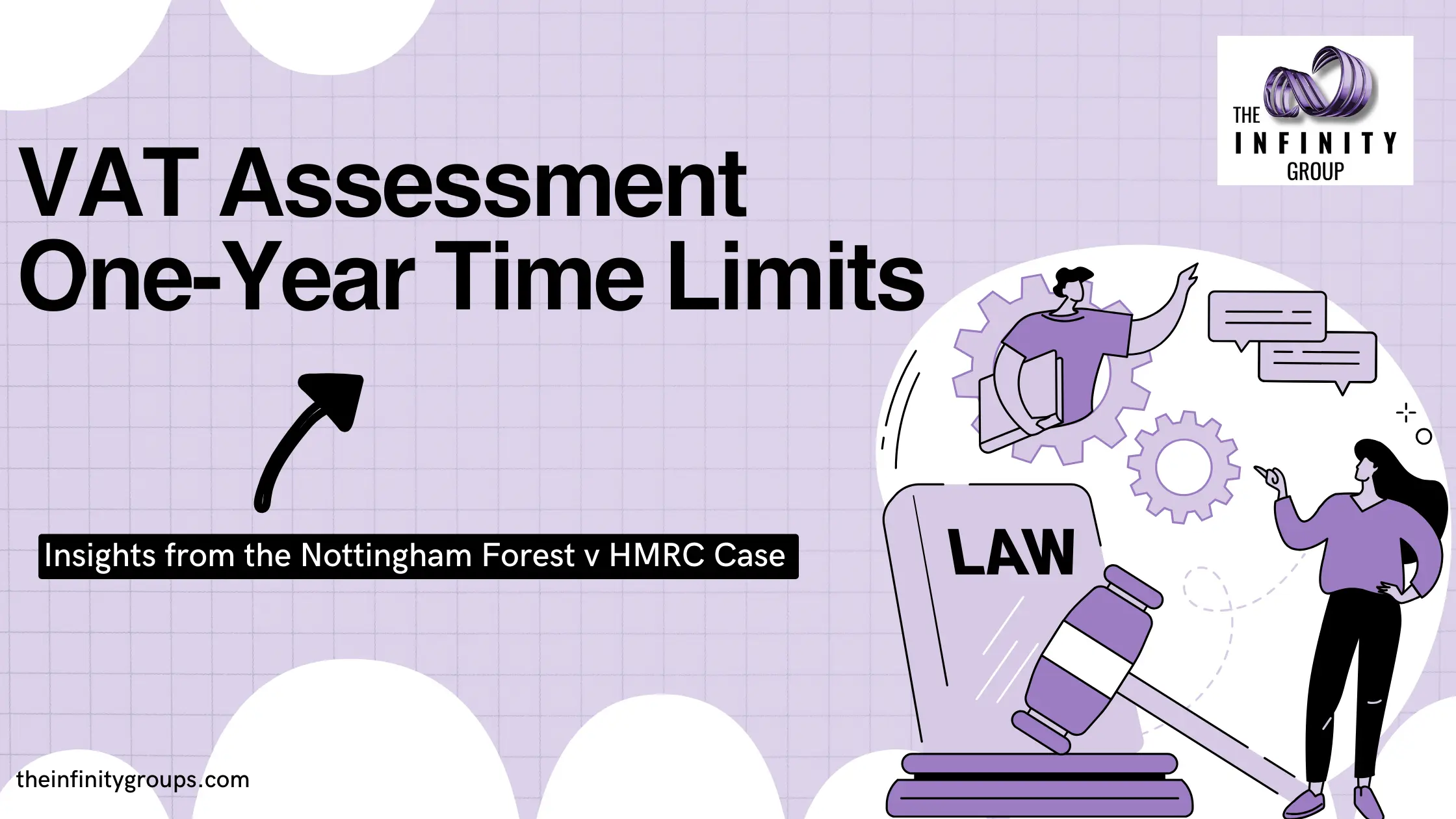In the recent case of Nottingham Forest v HMRC [2024] UKUT 145 (TCC), the Upper Tribunal was called upon to adjudicate a nuanced issue within VAT legislation: determining the precise date on which HMRC acquired sufficient evidence to justify a VAT assessment.
According to Section 73(6)(b) of the VAT Act 1994, HMRC must make an assessment within one year of acquiring knowledge of facts sufficient to justify the assessment. The central point of contention in this case was whether HMRC acquired this knowledge on April 20 or May 9, 2018.
The First-tier Tax Tribunal (FTT) sided with HMRC, concluding that the knowledge was acquired on May 9, 2018. Consequently, the VAT assessment made on April 29, 2019, was deemed to be within the permissible time frame. The Upper Tribunal (UT) upheld this decision, reinforcing the FTT’s judgement.
A significant aspect of this judgement is the clarification regarding the burden of proof. The onus lies on the taxpayer to demonstrate that the assessment was made out of time. This principle is based on the notion that the taxpayer is typically in a position to indicate when they supplied evidence to HMRC and to argue why the information available to HMRC should have been deemed sufficient by the assessing officer to justify the assessment. Once the taxpayer establishes this, it becomes HMRC’s responsibility to justify why such evidence was not adequate to make the assessment.
This case underscores the importance of clear communication and precise record-keeping for businesses, especially regarding VAT compliance. Misunderstandings or delays in recognising when HMRC has sufficient evidence can significantly impact the timing and legitimacy of VAT assessments.
For construction businesses and other industries where compliance is critical, staying informed about such legal precedents and ensuring meticulous documentation can prevent disputes and potential penalties. Stay updated with the Infinity Group.

